Does CBD Cause Liver Damage?
Excuse the cliché, but unless you live under a rock, there is almost no avoiding CBD lately.
Updated Dec. 17 2019, 2:35 p.m. ET
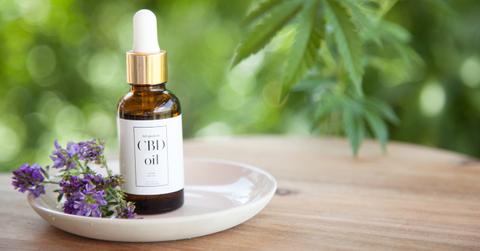
Excuse the cliché, but unless you live under a rock, there is almost no avoiding CBD lately. The stuff is everywhere — from gas stations pedaling vapes to kiosks in the mall pushing CBD-infused lotions, it’s almost impossible to ignore how popular the cannabidiol industry has gotten recently. This is largely in part to last year’s passing of the 2018 Farm Bill, which legalized the production of hemp and therefore, the production of CBD as well.
But despite the seemingly overnight increase in popularity of CBD, much still remains unknown about the phytocannabinoid and most importantly, its long-term effects. In the short-term, CBD has been heralded as a miracle catch-all treatment for most physical (and even sometimes emotional or mental) ailments. But despite the benefits of CBD, a recent study found a correlation between CBD hepatoxicity and liver damage in mice. It begs the question — does CBD cause liver damage and if so, do its benefits outweigh its potential negative side effects?
What Is CBD?
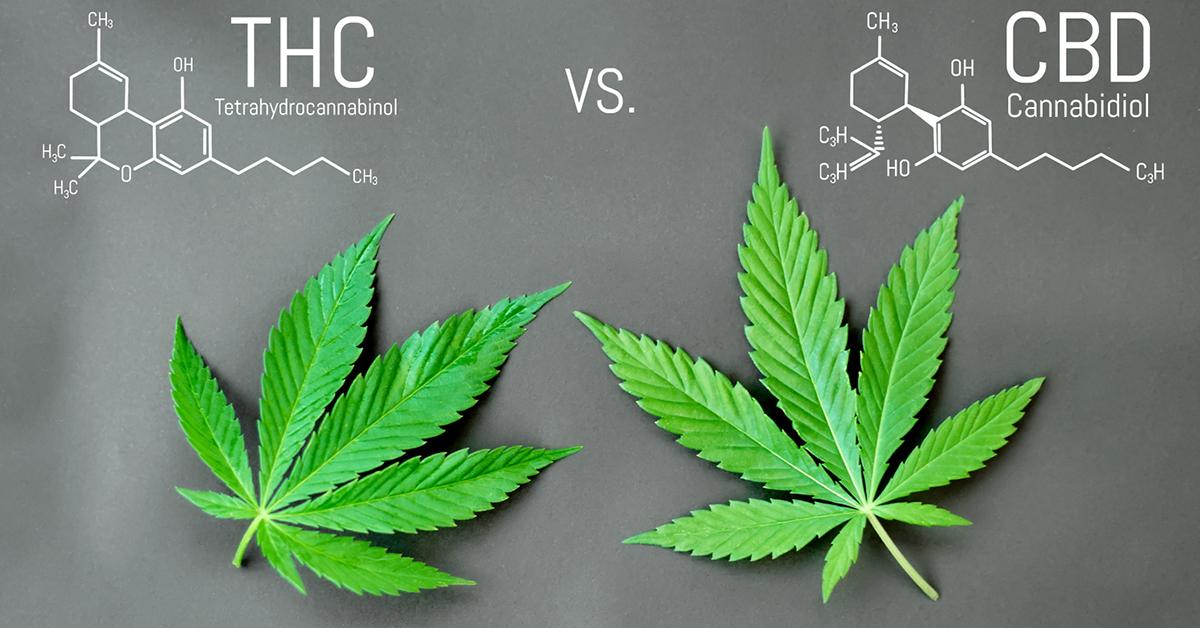
CBD is the moniker for cannabidiol, a phytocannabinoid discovered in 1940. Cannabidiol is derived from the cannabis plant, making up about 40 percent of the cannabis plant’s extract. So, why is a plant so popular?
CBD is one of the many compounds that make up the cannabis plant — aka marijuana — but this compound cannot get you high. Tetrahydrocannabinol — or THC — is the chemical compound in cannabis that causes psychoactive effects. Despite its inability to cause a high, CBD has still been making headlines for its potential healing properties as more and more people turn to it to help treat symptoms of anxiety, pain, movement disorders, and cognitive function. It also comes in many forms — oil, tincture, cream, vape, edible, and pill.
According to Medical News Today, CBD oil is commonly used in treating chronic pain, epilepsy, Huntington’s disease, glaucoma, Parkinson’s disease, and a myriad of sleep disorders. Studies have noted its ability to help mitigate pain associated with cancer, as well as its use as an anti-cancer drug. A review published in Neurotherapeutics found a link between the reduction of anxiety-related behaviors in people with anxiety disorders and CBD. It also found CBD could potentially reduce symptoms for people with related anxiety disorders including general anxiety disorder, obsessive-compulsive disorder, panic disorder, post-traumatic stress disorder, and social anxiety disorder.
Now, if CBD is derived from the cannabis plant — a substance that is not legalized in all 50 states — then is CBD also illegal? Quite the contrary. CBD-derived products that contain less than 0.3 percent THC are federally legal. Some states, however, may have local-level laws in place that declare marijuana-derived CBD products illegal. If you’re wondering where your state stands on CBD, you can brush up on your state medical marijuana laws (which may also contain restrictions on marijuana-derived CBD products) here.
Are CBD and Hemp the Same Thing?
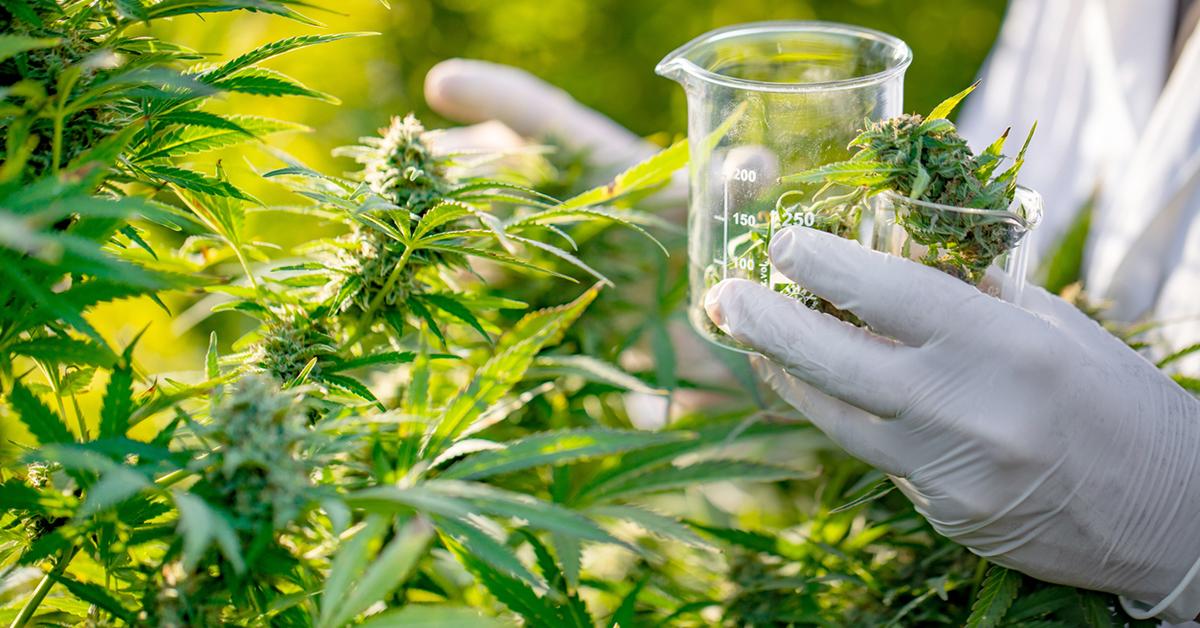
It’s actually a complicated answer. In short, CBD is derived from hemp, so there are a few key differences. According to CStore Decisions, “Hemp is a strain of the ‘cannabis sativa’ plant species.” Hemp has a lower concentration of THC, which is why it doesn’t provide the psychological high that marijuana does. While it may have lower quantities of THC, hemp actually contains higher concentrations of cannabidiol — also known as CBD.
Hemp is also a multi-faceted substance, as it can be used as a material; clothing, biofuel, rope, insulation, textiles — you name it, and you can make it out of hemp. Hemp even grows quickly and sustainably, making it the ideal option for a plastic alternative. “Plastic” made from hemp is often referred to as “bioplastic.” If you’re wondering why the plastic industry hasn’t been completely taken over by the healthier, more sustainable option of bioplastic, you can thank the plastic lobbyists for that. (At least, this far.) That’s not to say that it won’t eventually. According to Florida Agriculture Commissioner Nikki Fred, whose speech was picked up by Politifact, “What most people don’t understand is that hemp has 25,000 to 35,000 known usages. That means it is going to be something that is going to replace plastics, and Styrofoam, and concrete.”
You may have also heard of hemp seeds, which can be eaten raw, used for baking, added to beverages like smoothies, or made into an oil. They’re totally edible and are more and more being made into an oil to make use of hemp in the beauty industry. (Think CBD face masks, serums, shampoo, conditioner, body lotions, soap, etc.)
Much like hemp, CBD also can’t get you high. CBD is actually derived from hemp and is a chemical compound called “cannabinoids” originally found in the cannabis plant. The key difference in hemp versus CBD is that CBD is made by extracting the oil and diluting it with a carrier oil. Carrier oils could be coconut, hemp seed oil, avocado, almond, etc.
Are CBD Oils FDA-Approved?
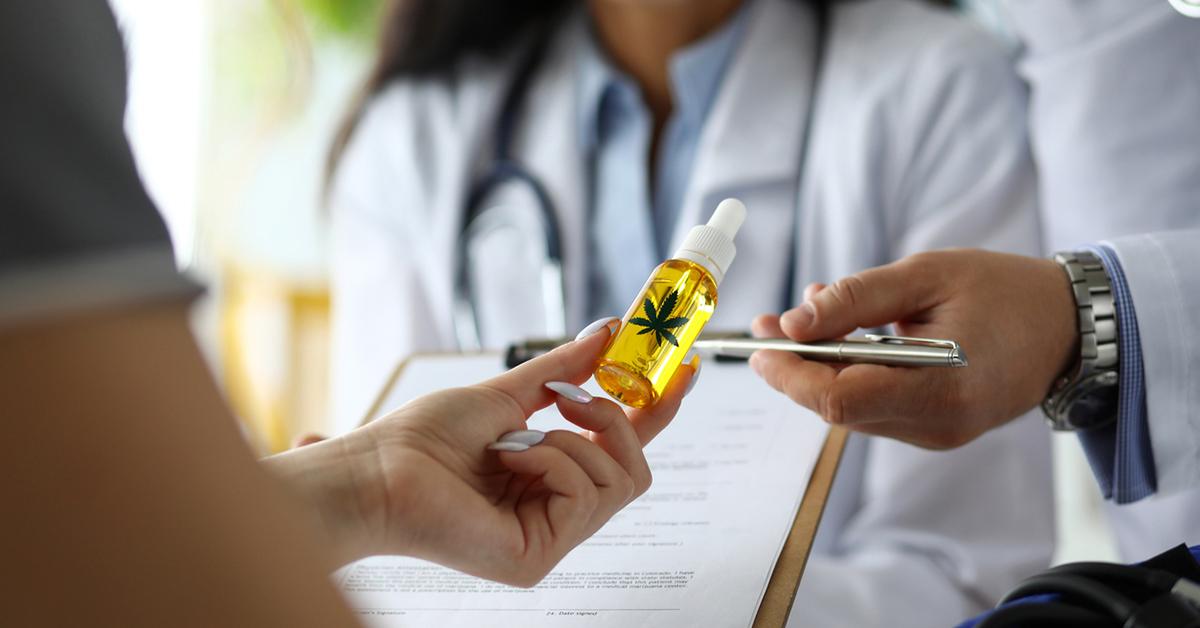
Because the 2018 Farm Bill was recently placed, not much regulation is currently in place for the manufacture and sales of CBD or hemp. Both were previously considered “controlled substances” and since the Farm Bill legalized them, subsequent regulation laws have had a hard time keeping up.
As it stands, the Food and Drug Administration has approved a drug called Epidiolex. According to FDA, “The FDA has approved Epidiolex, which contains a purified form of the drug substance CBD, for the treatment of seizures associated with Lennox-Gastaut syndrome or Dravet syndrome in patients two years of age or older.” It’s worth noting that in order to gain approval from the FDA, the drug would have had to go through controlled clinical trial testing and a review process.
The FDA adds, “There are no other FDA-approved drug products that contain CBD. We are aware that some firms are marketing CBD products to treat diseases or for other therapeutic uses, and we have issued several warning letters to such firms.”
The FDA also states that “under the FD&C Act, any product intended to have a therapeutic or medical use, and any product (other than a food) that is intended to affect the structure or function of the body of humans or animals, is a drug. Drugs must generally either receive premarket approval by FDA… or conform to a ‘monograph’ for a particular drug category.”
Can CBD Cause Liver Damage?

Despite studies showing the advantages of CBD treatment for certain issues, a recent study from the University of Arkansas for Medical Science found “that CBD may be damaging to our livers in the same way that alcohol and other drugs are,” according to Lab Roots.
The study involved the aforementioned Epidiolex — the FDA’s only approved CBD drug. Researchers found mice treated with the epilepsy drug were at an increased risk for liver toxicity, despite using the recommended dosage and adhering to safety recommendations on Epidiolex’s label. According to Lab Roots, “When examining the mice with various doses of CBD in their system, it appeared that mice that had consumed the higher doses of CBD showed signs of liver damage in as short as 24 hours.” Those mice died or “were near death” within days.
It’s also worth noting that the label on Epidiolex explicitly states that liver damage could be a side effect of taking this epilepsy medication. According to an interview with Dr. Igor Koturbash, Ph.D., the Epidiolex label “clearly states a warning for liver injury. It states that you have to monitor the liver enzyme levels of the patients. In clinical trials, 5 percent to 20 percent of the patients developed elevated liver enzymes.”
How Does CBD Affect Your Liver?

According to information amassed from clinical trials (on humans) and also the June 2019 study done by researchers at the University of Arkansas for Medical Science, high doses of CBD can adversely affect the liver. In fact, in clinical trials, anywhere from 5 percent to 20 percent of patients involved in the clinical trial experienced elevated liver enzymes. While it’s stated on the label that patients’ liver enzymes should be monitored while taking Epidiolex, the effects on the mice who received high concentrations of CBD are a cause for concern for many people.
Per the Mayo Clinic, elevated liver enzymes are an indicator of damage to liver cells or alternatively, inflammation. While temporarily elevated levels aren’t life-threatening, levels that do not even out could cause a health issue. This is because inflamed or injured cells leak those liver enzymes into the bloodstream. The most commonly elevated enzymes found in the liver include Alanine transaminase (ALT), Aspartate transaminase (AST), Alkaline phosphatase (ALP), and Gamma-glutamyl transpeptidase (GGT). According to Medical News Today, if the liver is very seriously damaged, it could ultimately result in liver failure in some cases.
Can CBD Increase Liver Enzymes?
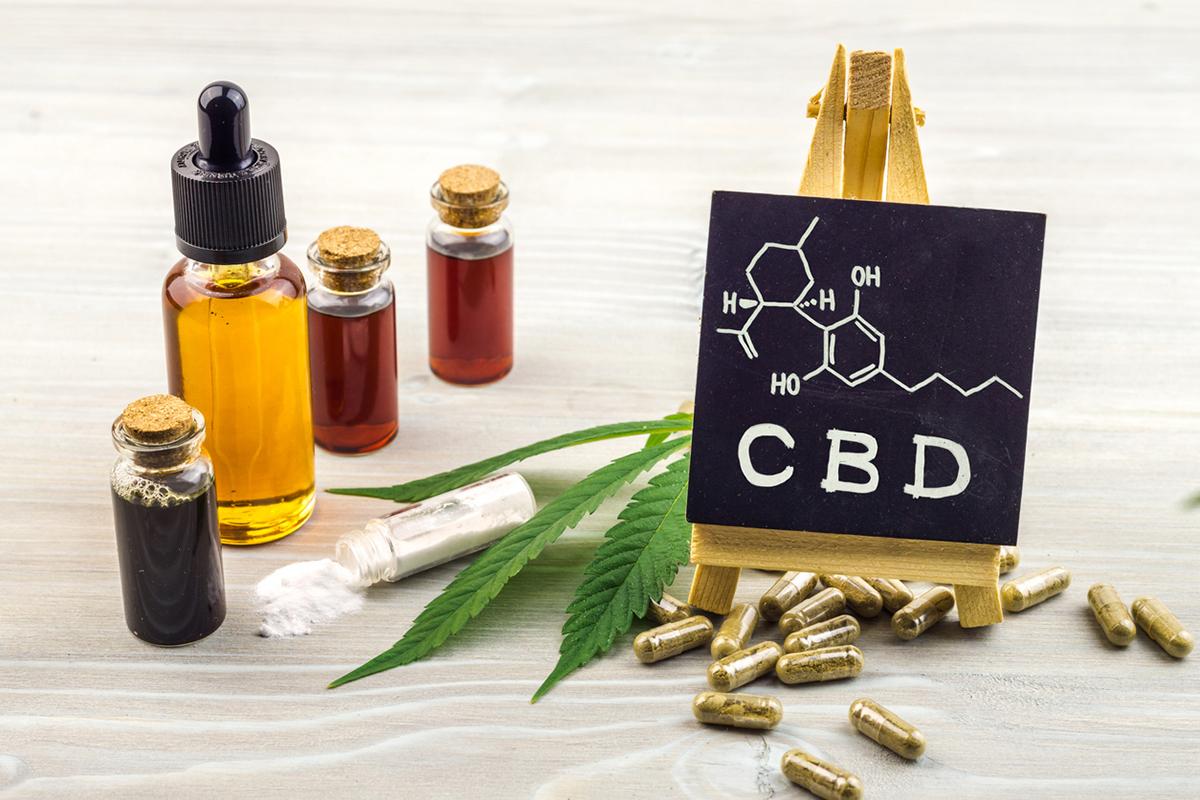
Potentially, yes. In both clinical trials for the FDA-approved CBD-centric drug Epidiolex, anywhere from 5 to 20 percent of patients experienced elevated liver enzymes. In a different study conducted on lab mice, mice treated with higher concentrations died or were near death within 24 hours of ingesting the CBD.
Can CBD Cause Liver Damage in Dogs?
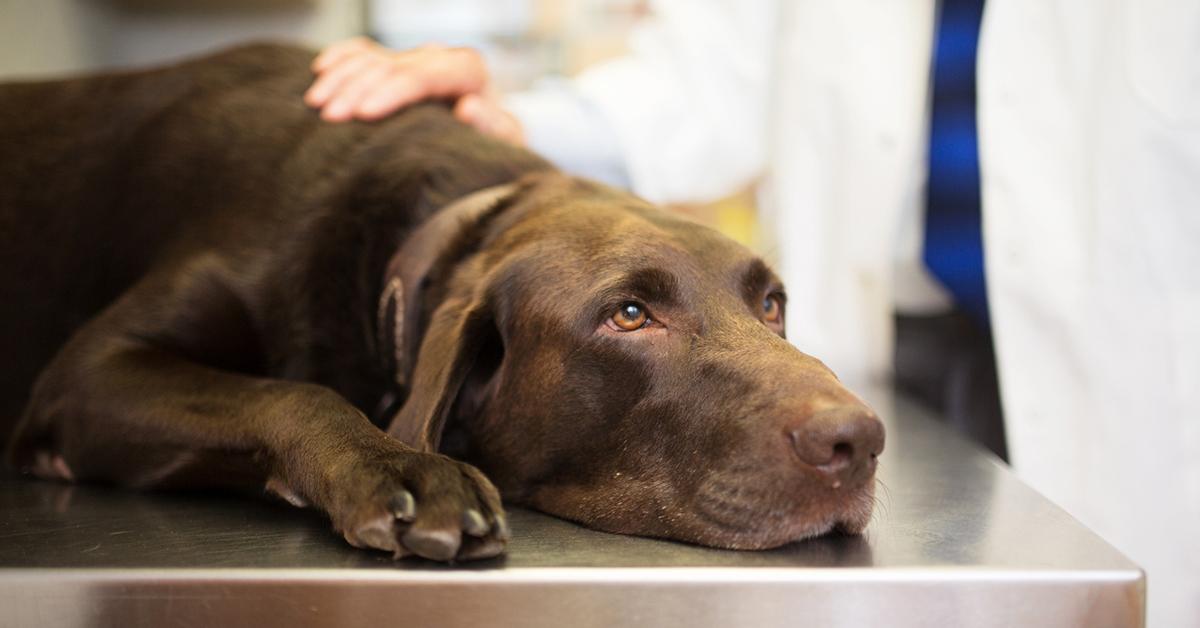
While the long-term effects of ingesting CBD oil are relatively unknown at this point in time, it’s not just human health that people are worried about. In the aftermath of the 2018 Farm Bill legalized CBD oil, many pet-oriented companies have put CBD products on their shelves and readily marketed CBD as a prospective treatment for dogs enduring chronic pain, anxiety, and other issues. Knowing what we know about how the CBD in Epidiolex affected the liver of mice and humans, can CBD also cause liver damage in dogs?
Unfortunately, just as there isn’t much information on the long-term effects of CBD in humans, there does not seem to be adequate information on how CBD affects dogs in the long-term.
Can CBD Reverse Liver Damage?
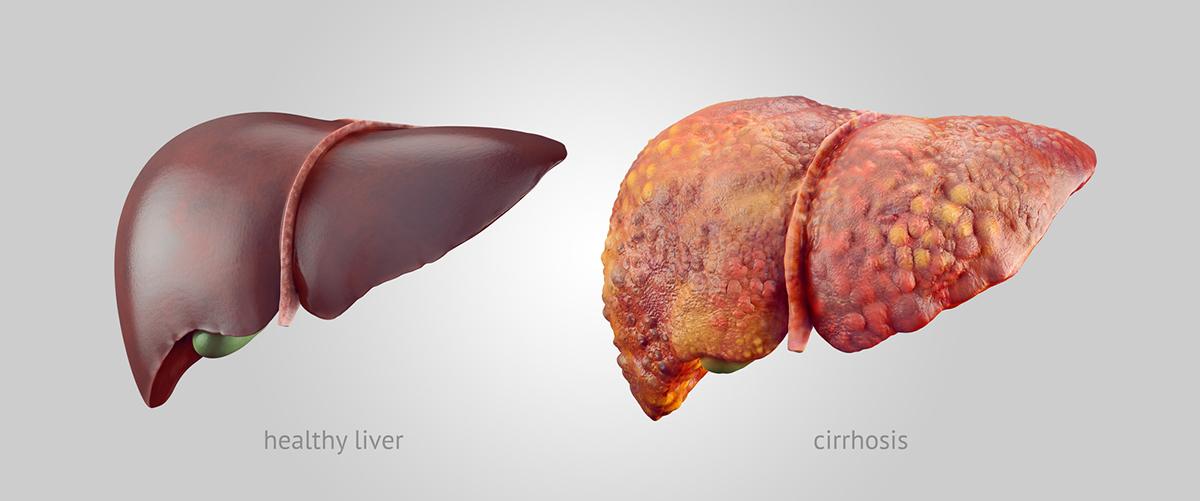
In some cases — such as fatty liver disease, inflammation, and alcohol liver disease — liver damage can be reversed. Reversal of these issues requires the patient to stop drinking and can even be reversed in as little as six weeks — depending on the cause and the issue. If fibrosis has settled in, which means regular tissue has been replaced with scar tissue, the liver damage likely cannot be reversed. Cirrhosis is another medical issue that often cannot be reversed. As a result of cirrhosis, much of the liver’s tissue transforms to fibrosis, and affected scar tissue can form no legitimate function. If the liver tissue ceases working, it does not function properly and eventually gets smaller and can even lead to failure.
While CBD has been used to treat a myriad of different health issues, it is likely not recommended to use CBD with the intention of reversing liver damage. After all, a 2019 study found high concentrations of CBD to actually cause liver damage.
How Much CBD Causes Liver Damage?
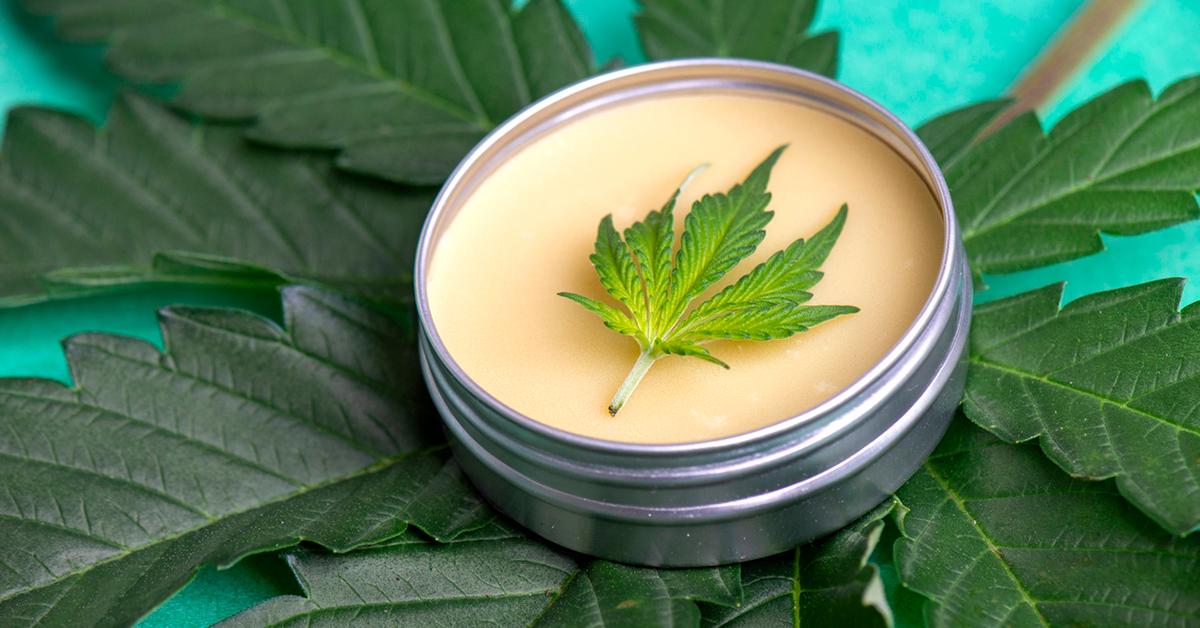
According to the University of Arkansas for Medical Science study, the mice who received the highest concentrations of CBD experienced liver damage and eventually died. These “highest concentrations” equate to 200 milligrams of CBD for a human. This level of dosage for mice resulted in liver toxicity and ultimately, death.
Smaller doses of CBD — which equate to 50 milligrams for a human — resulted in liver swelling and damage in mice.